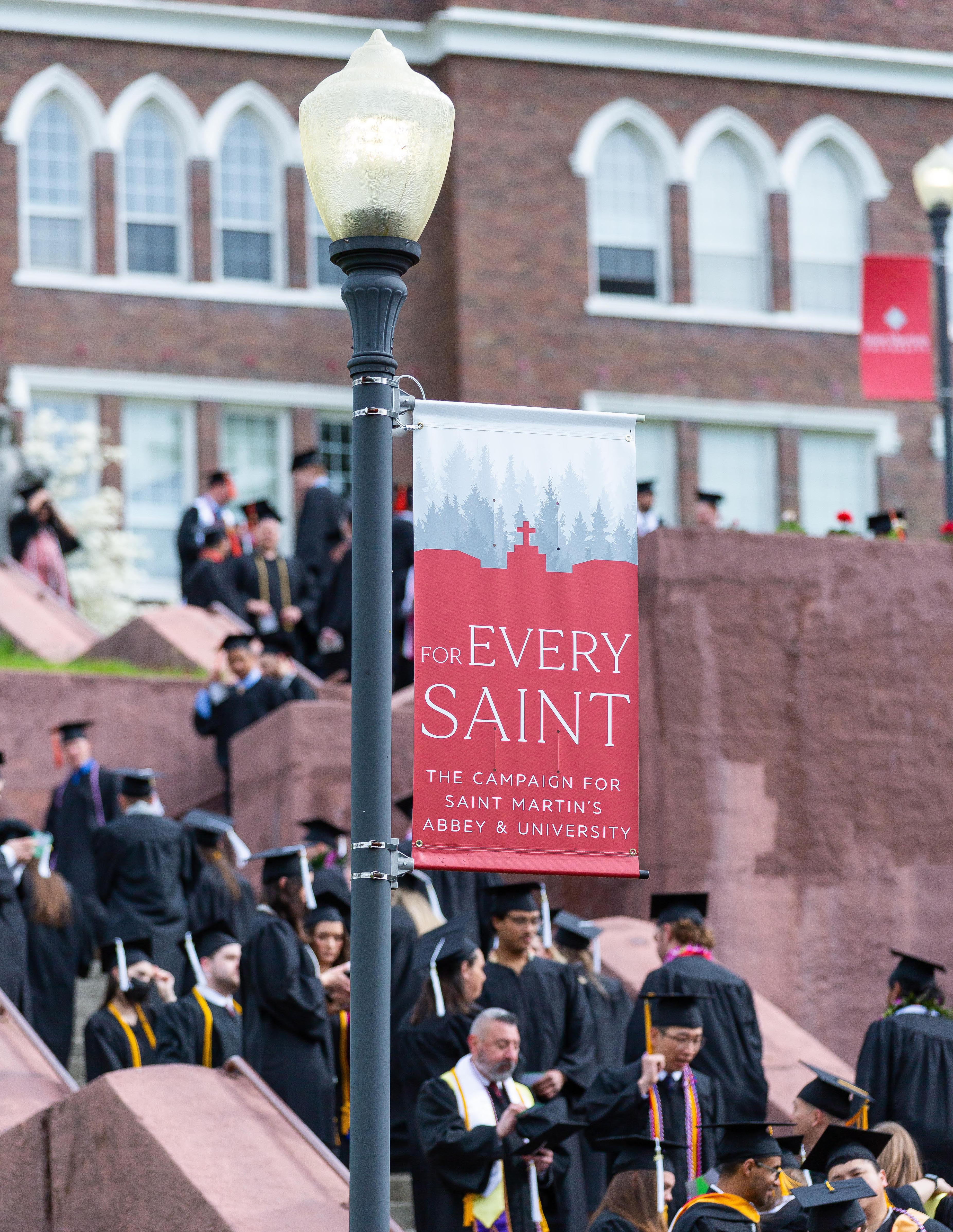





The 11th President of Saint Martin’s University, Dr. Jennifer Bonds-Raacke, was inaugurated on October 8th. We celebrated the first female president who brings vision, new perspectives, and a wealth of experience and accomplishments in building a successful academic institution. We eagerly look forward to President BondsRaacke’s leadership and the many achievements to come.
We study businesses and organizations in a global context. Business begins with value creation, and it is the purpose of the organizations to create and deliver value efficiently enough to generate profit after cost. We believe a business education is a force for great good. We named our School’s newsletter IMPACT because the responsibility of business is to use its will and resources to advance a cause greater than itself (Simon Sinek). The impact of a successful business is not only the monetary benefits (e.g., profit and cost) but also includes all the effects that the business has on individuals or society. We strive to create a positive social impact by promoting corporate social responsibility, local environmental sustainability, and social entrepreneurship.
Most of our faculty have international experience in teaching, research, and career advancement. Our business programs help students develop global perspectives and a focus on solving issues with local concerns, such as the impact of globalization on local or regional businesses and economies. Studying abroad is one of the high-impact activities in our undergraduate business programs. We encourage faculty to organize study abroad trips and work with the University’s Office of International Programs and Development to promote students’ global awareness and engage students in global learning experiences.
We appreciate your support and contributions to making our school a successful place for learning, innovation, and engagement. We celebrate our accomplishments and look forward to continue innovating and implementing new initiatives to better prepare our students for work and life.

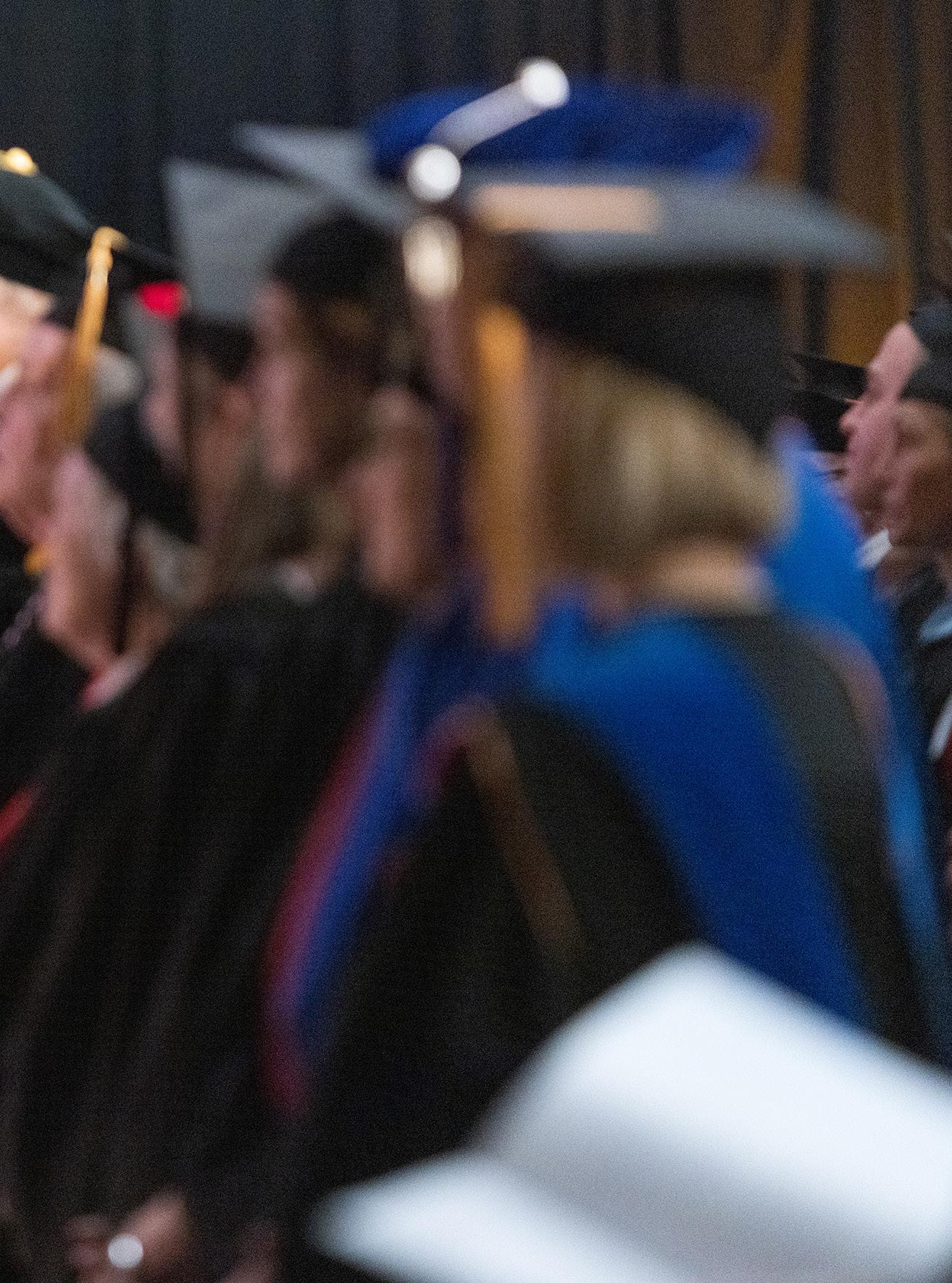
Accounting Professor and 2022 Faculty Member of the Year, Timothy Madeley, welcomes the class of 2026 at Saint Martin’s Convocation ceremony on August 26th, 2022.

“Everyone you will ever meet knows something you don’t,” Bill Nye. “You will be surrounded by an incredible amount of diversity. I am talking here not just about diversity in the traditional way we use the term – racial and ethnic diversity – but rather a diversity of talent, knowledge, and interests. My advice to you is to lean into this diversity and take advantage of it.”
“Because you cannot anticipate everything you will need in the future, treat every opportunity like it will be vital in the long run. On behalf of all of my fellow faculty, we sincerely welcome you with open arms and a full heart. Congratulations on becoming a Saint!”
“Guided by our Catholic Benedictine values of hospitality, community, listening, respect for persons and stewardship, Saint Martin’s strives to provide the environment for all students to be able to succeed in their journey of becoming. We believe in equity and respect for all persons while holding ourselves accountable for our actions. We work together to serve our fellow Saints and change the campus culture.”

Saturday, Oct. 8, was a historic day for Saint Martin’s University! We celebrated the Presidential Inauguration of the 11th president, and first female president, Dr. Jennifer Bonds-Raacke. Many traveled from across the country to celebrate this important day with the Saint Martin’s community.
“We celebrate 127 years of faith, reason, and service that have made Saint Martin’s what it is today, while at the same time we celebrate the warm glow of optimism for our future. We have an opportunity, one might even say an obligation, to plant and nurture the seeds of our Benedictine charisms within each student so they might carry them forward into a world hungering for these values. (...) As a community, we will embrace diversity, equity, inclusion, and belonging in a manner that enhances each person’s ongoing journey of becoming. Creating a place of belonging and respect for all students -- this is how we pursue our mission. (...) With God’s grace, we will continue our good work as guides on their journey of becoming, and we will accomplish our life’s work each day and through each student. And together, we will make a difference.”

The School of Business is excited to welcome Jalyn Turner (She/They) as the new Executive Assistant to the Dean of the School of Business. Jalyn is a recent graduate from Pacific Lutheran University with double Bachelor of Arts degrees in Studio Art and Communication. Jalyn has a background in photography and social media marketing as well as Study Abroad experience in Namibia, Denmark, France, and Ireland. We are so excited to welcome her to the team!

Saints, meet Jaskaran “Jas” Dhatt. Jas (He/Him) is a fourth-year business administration major, track athlete, and President of ASSMU. Jas is also a first-generation college student who dedicates his time to planning and hosting community events. Jas hopes to inspire students, athletes, and other leaders to not be afraid to step out of their comfort zone. He says, “you never know what opportunities a “yes” will lead you to, so I encourage everyone to take that step forward.” Currently, Jas is taking advantage of SMU’s 4+1 program and plans to graduate in 2023 with his Master’s degree! We are so lucky to have Jas as a part of our SMU community and we can’t wait to see what he does next!

Dean Dr. Chung-Shing Lee and business faculty Dr. Matondo Wawa hosted the delegates from the Democratic Republic of the Congo on November 1st. The group was led by Mr. Dieudonné Pieme Tutokot, the Governor of Kasaï Province, to visit the School of Business and the Lacey MakerSpace to discuss opportunities for collaboration to stimulate innovation and entrepreneurship.

On September 8th, Business Club members and Dr. Chung-Shing Lee, Dean of the School of Business, talked with current Saints about opportunities to participate in the business community at the SMU involvement fair.

Professor Suzanne Chaille and Professor Tim Madeley welcomed potential Saints and their families to Saint Martin’s University for the Admissions Open House on November 19th.
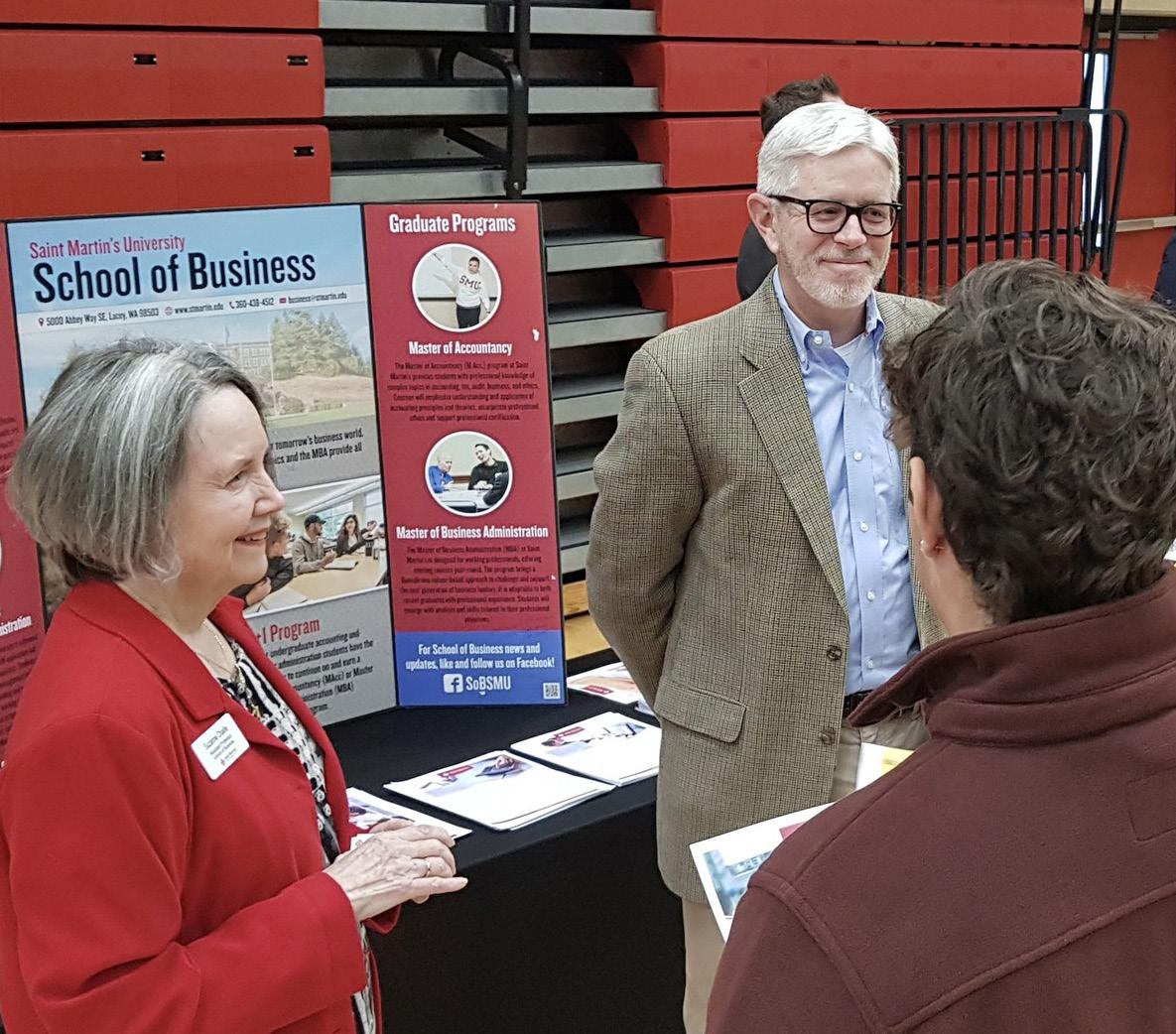
In the days before COVID, the School of Business participated in the Business Economics Summer Term (BEST) program with the Mercator School of Management at Duisberg University (Duisberg, Germany). Every summer three to seven students from Duisberg would attend MBA summer courses at Saint Martin’s. In addition to coursework, we provided a variety of summer activities ranging from hiking around Mount Rainier to participation in the Blazin’ Hot Wings Challenge at Buffalo Wild Wings. Through these activities, I had the opportunity to get to know the BEST students. At the end of every summer, they would give me their email addresses and tell me that if I ever came to Germany I should be sure to contact them.
And in the summer of 2022, I finally got the opportunity.
Last summer Emi and I visited our granddaughters in Belgium. While we were there, my son had to travel to Stuttgart for five days on business. Emi and I loaded up the girls and went with him. Before we left, I emailed my former BEST students to let them know. Of the more than two dozen students only three lived in the Stuttgart area. Of those three, I was able to meet with two (the third had just contracted COVID – he has since recovered fully).
I met with Marc in mid-afternoon on the patio of Carls Brauhaus overlooking the Schlossplatz in downtown Stuttgart. It was a beautiful summer day. We enjoyed an appropriate german beverage and spent a couple of hours catching up. When Marc attended Saint Martin’s he was working as a consultant to banking institutions in Germany. After he finished his studies in Duisberg, he opened his own bank consulting company. He helps banks in Southern Germany and Austria expand their online presence and business activities. When COVID hit, his business took off.
When I was arranging my meeting with Joern, I mentioned that I had just met with Marc at Carls Brauhaus. “I know Carls,” he said, “I’ll meet you there.” So, back to the Schlossplatz. We sat at the same table and had the same server (with whom I had become friends, my son also knows Carls). After ordering another appropriate german beverage, Joern recounted his professional journey from his days at Saint Martin’s until now. Joern started his career working for a bank as an economist. At some point, he caught the attention (in a good way) of the Stuttgart State Criminal Police. They offered him a position as a forensic economist. Now he spends his days trying to convince people that there are no investors willing to share 60/40 in the benefits of multi-million-euro investments if they will provide their bank account information.

If you ever get a chance to visit Stuttgart, you should. In addition to its reputation as the cradle of the automobile, home to Mercedes Benz and Porsche, Stuttgart is the only city where wine grapes are grown within the urban area. Wine has been a part of the city’s identity since 1108. Today, Stuttgart remains one of Germany’s largest wine-producing cities. You should also visit Carls Brauhaus. If you do, ask for Willem. He’ll take good care of you.
 Don and Joern
Don and Joern
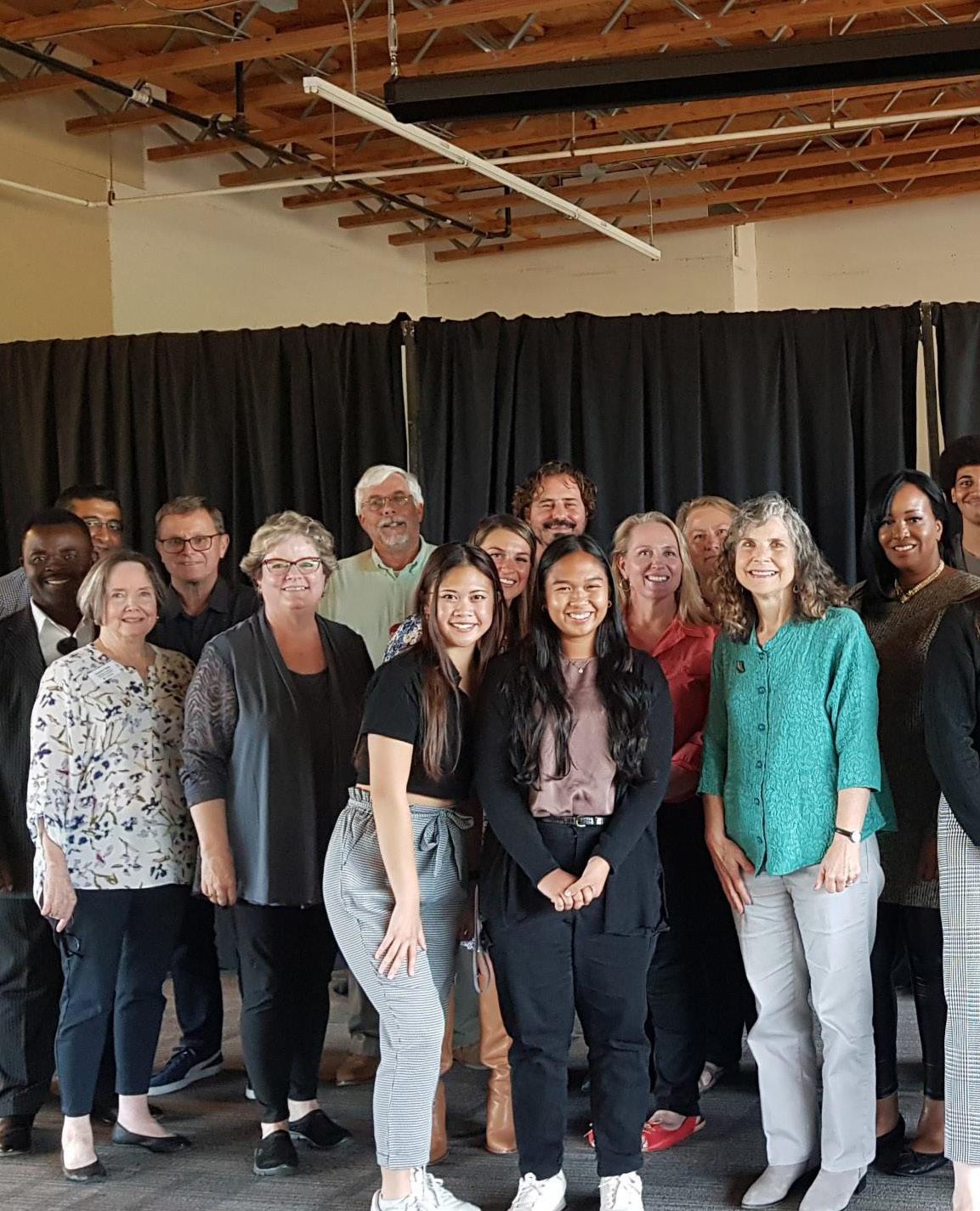
The School of Business organized the first in-person Business Advisory Board Meeting since the beginning of the pandemic on September 16th.
The Board members interacted with faculty and engaged with student representatives at the meeting to enhance the quality and reputation of our business programs.
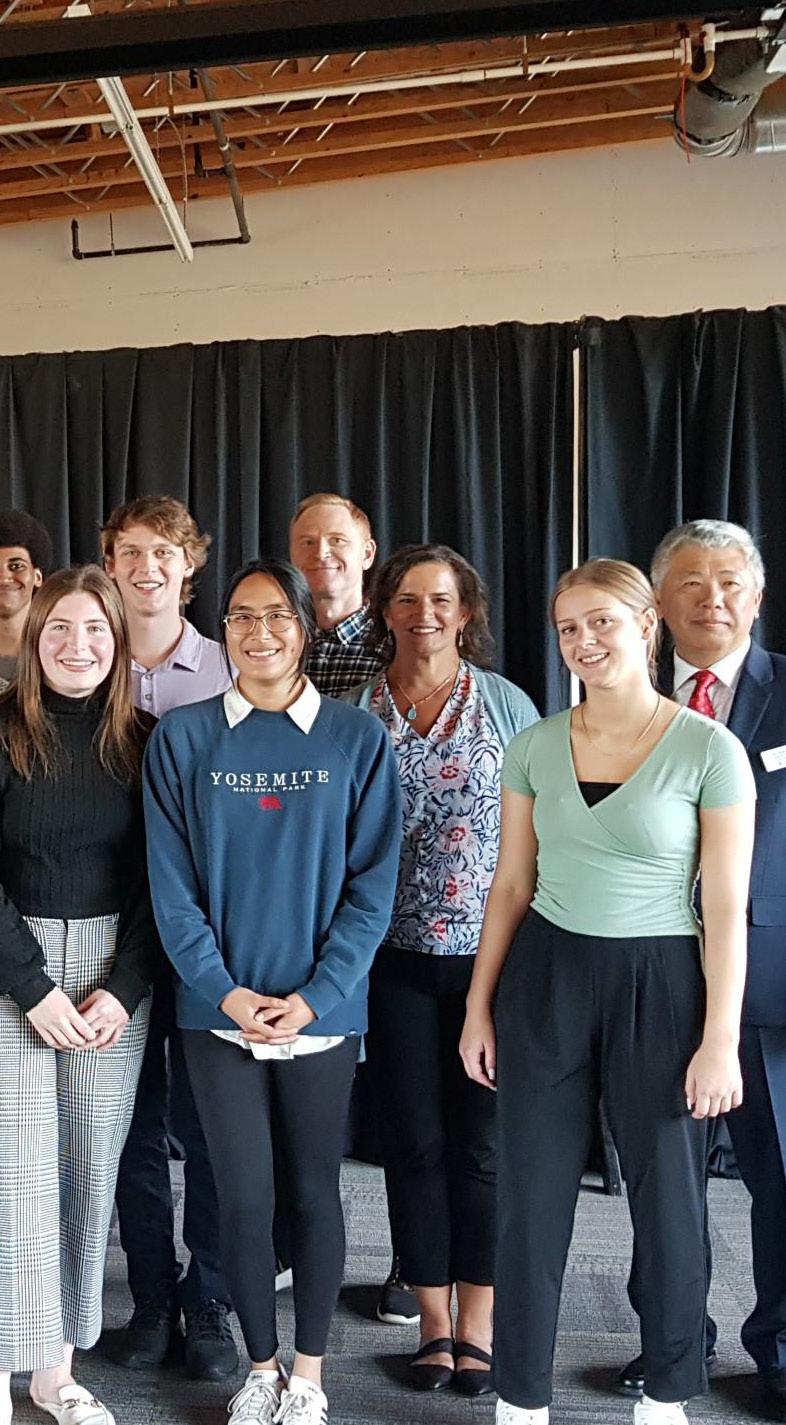
Hi Saints! My name is Lyra Van Dusen (She/ Her) and I am excited to have the opportunity to be the Business Club’s president this year. I am a second-year, commuter student studying business administration with a concentration in management.


My goals for the year are to E-board connect with other business students, create a larger network among members of the club, tailor events toward career and business development, and host the professional clothing drive.
KAYLEE FLOREK VICE PRESIDENTHi Saints! My name is Kaylee (She/Her) and I am a senior accounting major and graduate student in the 4+1 MAcc Program. A fun fact about me is I am a first-generation college student!
My goals for the year are to grow the Business Club and host events emphasizing networking and building professional skills.
Hi! I’m Isabella Sagote (She/Her) and I am from a small island in the South Pacific, American Samoa. A fun fact about me is the gym and music are my muses. I am also going to a Rod Wave concert later this month!
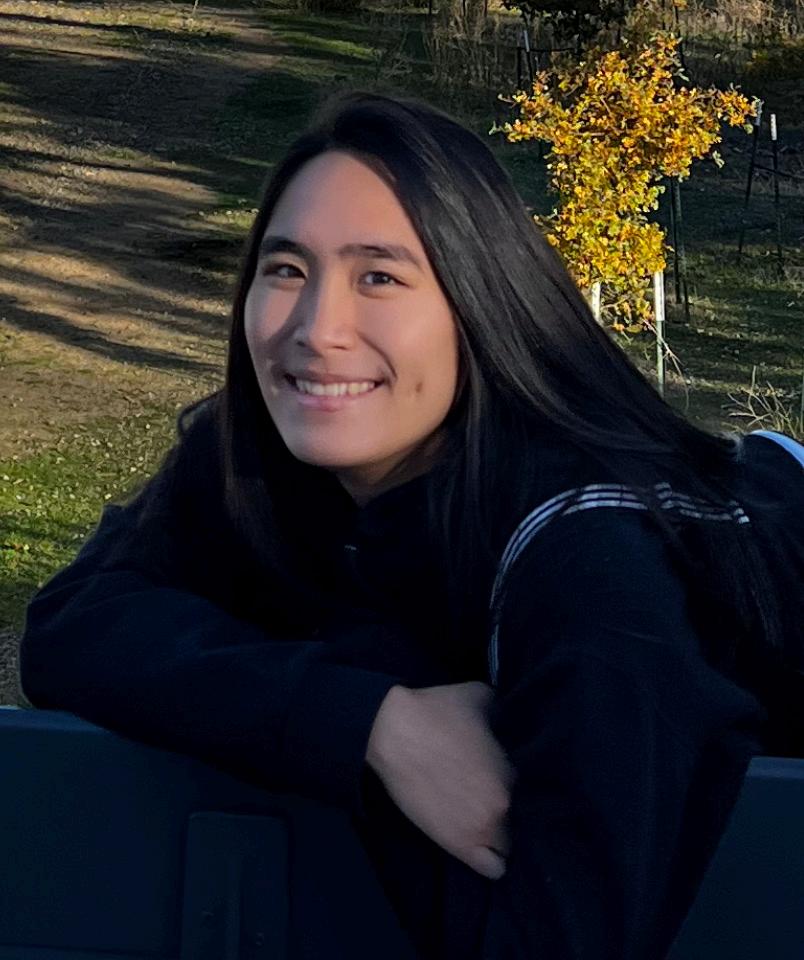
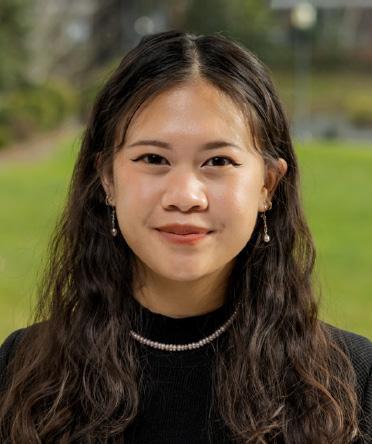

Hi everyone! My name is Soukita (She/Her), but most people know me as Kita. I am a senior studying Business Administration with a concentration in management.
Hello Saints! You can call me Rhea (She/ Her)! I am a sophomore business administration major with a management concentration and the ASSMU senator representing the School of Business.
My goals for the year are to host events and activities that can impact and apply in the business world.
My goals for the year are to grow the Business Club and further develop our internal and external network!
My goals for the year are to support Business Club and its members and work to build a network of success.
The School of Business is excited to announce our first Study Abroad travel experience to Denmark next Spring! Our trip is held in collaboration with the University of Southern Denmark, located in Odense, Denmark. Among the many activities we have planned, we will visit the headquarters of well-known and successful multinational corporations, see robot technologies and automation, learn about sustainable entrepreneurship programs, and observe a drone testing center. Our hosts are even planning some social engagement for us with a karaoke and trivia night!
Interested? Contact Dr. Gina Armer at GArmer@stmartin.edu with your questions.
In the Benedictine Leadership Program (BLP), you will learn about leadership, Benedictine values, and how the two intersect. This program is dedicated to preparing students for leadership roles and responsibilities in service to the campus community. You will reflect deeply on your own personal values and examine how these values will help you address the complex problems facing our shared humanity.
This program is required of all applicants for Resident Assistants, Orientation Leaders, and AHANA Mentors. It is also highly encouraged for all students interested in other leadership positions, such as the Associated Students of Saint Martin’s University (ASSMU).
The Washington CPA Foundation is excited to be able to offer over $500,000 in scholarships for students in Washington State. While accounting scholarships have been awarded for more than 40 years in Washington, this year we have an opportunity to help even more students on the path to pursuing their dream of being a CPA. If you are a rising junior or higher, have a 3.0 GPA and above (or equivalent), attend an accredited college or university in the State of Washington, and want to be a CPA – please apply!
Undergraduate and 5thyear students are eligible for $5,000. Masters and Ph.D. candidate awards are awarded at $5,000 to $10,000. The application deadline is February 14, 2022, at 11:59 PM PST.
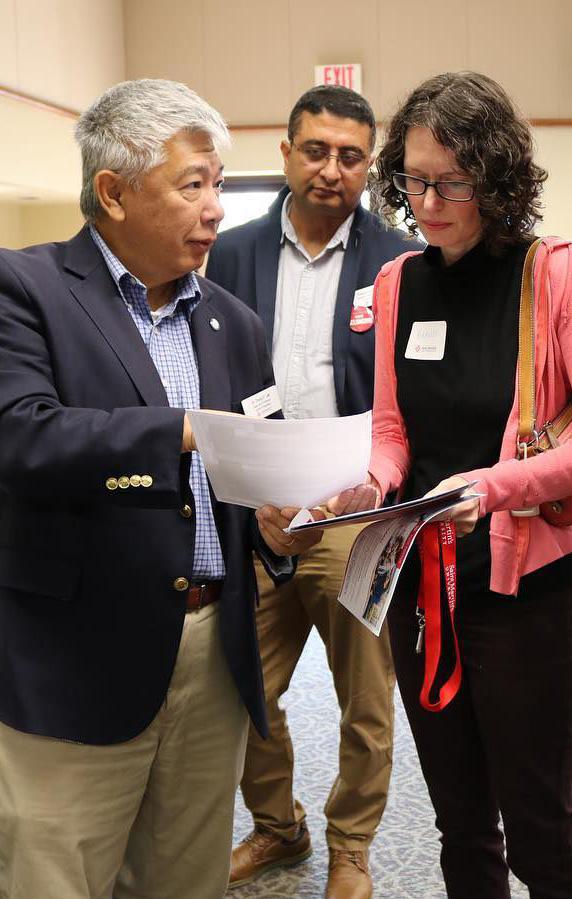
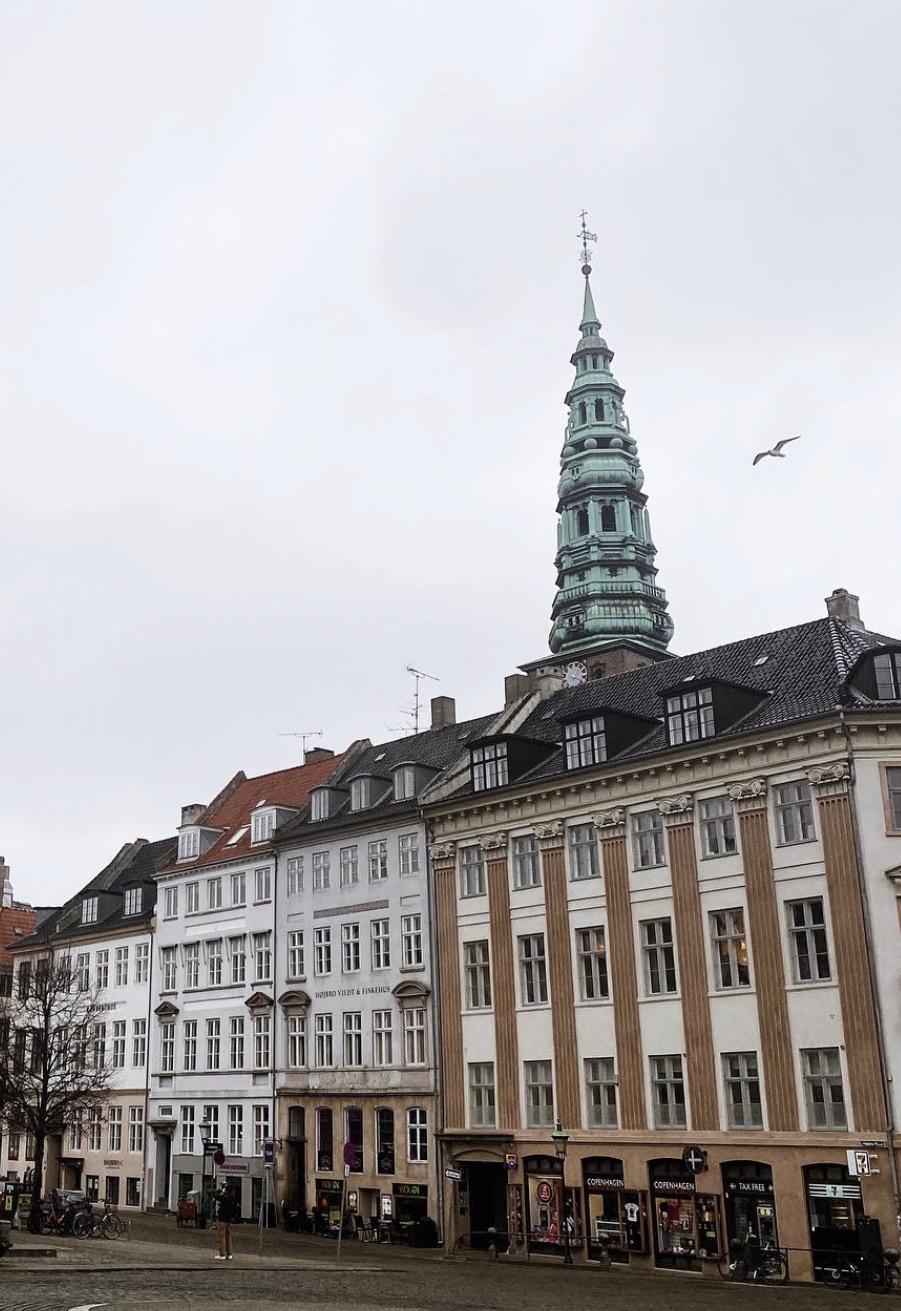
Accounting Professor Timothy Madeley is researching the equity gaps surrounding Certified Public Accountants for the completion of his doctoral degree. Below is a summary discussing his current findings and ultimate goals for his research.
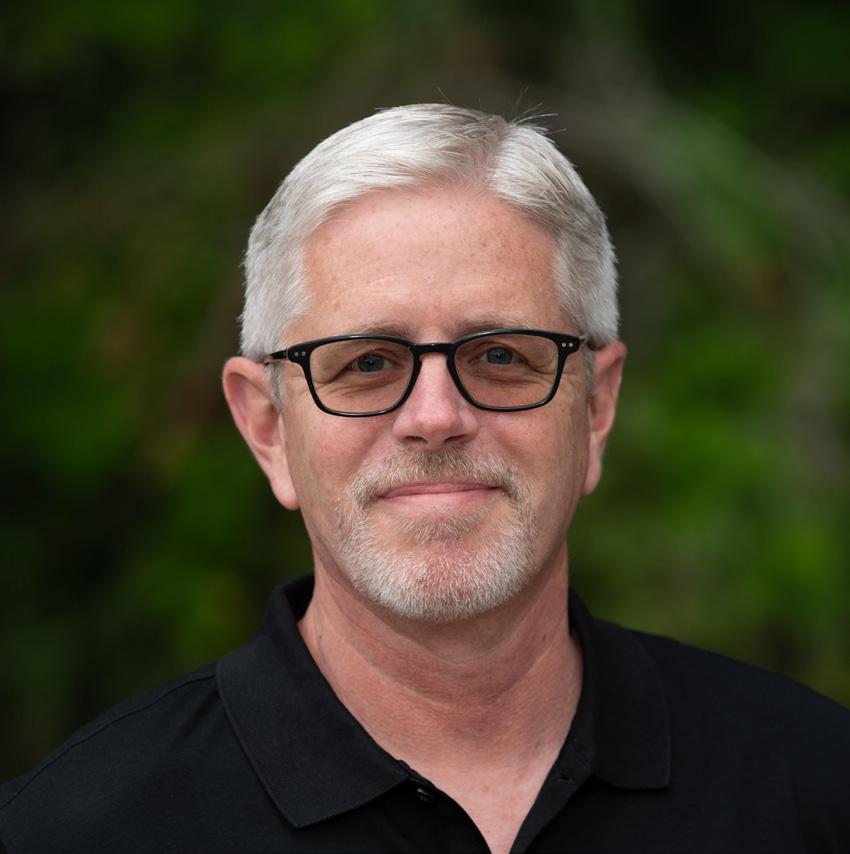
“According to the Trend Report published in 2019 by the American Institute of Certified Public Accountants, there is a troubling lack of diversity among Certified Public Accountants (CPAs) in this country. White and Asian CPAs make up 94% of the profession and Black, Latinx, Native American, and Multi-ethnic CPAs make up the remaining 6% -- a 27% gap compared to the group’s proportion of the overall population.
My doctoral research focuses on the equity gaps existing in the first step of the seven-year journey to become a CPA – being successful in ACC201 Principles of Financial Accounting. According to preliminary research covering over 30,000 Washington State community college ACC201 students over a 5-year period, students from communities underrepresented in the profession are 38% less likely to be successful (A- or better) in the course compared to their fellow students from communities overrepresented in the profession. Even more troubling, they are twice as likely to be unsuccessful (D or worse).
With this in mind, the next phase of this research will involve updating the above data analysis to be more current and include factors such as socio-economic status and gender. I will then conduct semi-structured interviews with affected individuals to better understand the factors influencing these gaps. The final goal is for this better understanding to lead to practical strategies that professors and administrators can implement to reduce the gaps.”
This fall the School of Business held its bi-annual Speaker Series event on Thursdays via Zoom! This event was organized by Professor Tim Madeley and allowed students to learn more about various accounting and business career paths and ask questions of working professionals. This semester we were fortunate enough to have five speakers, two SMU alumni, sit down with our students to discuss future career opportunities and what life looks like after college.

Providing innovative instructional classroom projects and best practices is critical for business education. Project management has long been a part of the operations management and quantitative methods curriculum in business education programs. Business students preparing to enter a project-oriented marketplace must understand fundamental project management concepts. Business curricula around the world often introduce project management in the form of PERT/CPM (Project Evaluation and Review Technique/Critical Path Method) and linear programming problems. The goals of Professor Dr. Don Conant’s paper “Examining critical and near-critical paths: an Excel-based classroom exercise,” published in the prestigious Journal of Education for Business (Vol. 93, No.3, 2018, Routledge), are to use an Excel project to teach students about the effects of changing states of nature on critical path emergence as well as compare the impact of the PERT beta and triangular distributions on project completion times. Previous research into the PERT beta distribution indicated a tendency for this distribution to overstate the impact of the dominant critical path on project completion times. Dr. Don Conant used a Monte Carlo simulation and a new Excel function to explore the effects of random variation on critical path emergence. In addition, the triangular and PERT beta distributions were applied to calculate project completion times. The research found that three of the possible five paths became critical in both the PERT beta and triangular distributions. The triangular distribution allowed for a greater frequency of near-critical path emergence thus moderating the influence of the dominant critical path on project completion time. Nevertheless, it remains to be seen if the triangular distribution outcomes are more accurate than those of the PERT beta distribution.

Over the past decade, mobile and wireless services markets have been among the world’s fastest-growing, especially in Asian countries, presenting financial institutions with significant opportunities to offer value-added services. Mobile banking has since emerged as a new channel enabling banks to react strategically to changes in competitive forces and to enhance customer convenience.
In the research paper “Factors affecting the behavioral intention to adopt mobile banking: An international comparison,” published in the highly-ranked Technology in Society journal (Vol. 63, 2020, Elsevier Publishing), Dr. Chung-Shing Lee and his co-authors applied diffusion of innovations (DOI) theory, the technology acceptance model (TAM), and the decomposed theory of planned behavior model (DTPB), to develop an integrated model that provides a fuller understanding of factors facilitating or impeding the adoption of mobile banking, focusing on consumers in Taiwan and Vietnam. While subjective norms had a significant effect on the intention to adopt, three attributes of mobile banking (compatibility, perceived usefulness, and perceived risk) were found to have indirect effects on the intention to adopt mobile banking through attitude toward adoption for consumers in both Taiwan and Vietnam. Intention to adopt mobile banking was indirectly influenced by self-efficacy and facilitating conditions and directly affected by perceived behavioral control in both nations. This research finds that the relative degree of innovativeness among countries significantly affects the rate of mobile banking adoption. In practice, the findings provide banks with key factors influencing the adoption of mobile banking services. Mobile banking service marketers may provide resources to support the development of facilitating conditions and increase adoption rates.
Over the past decade, mobile and wireless services markets have been among the world’s fastest-growing, especially in Asian countries, presenting financial institutions with significant opportunities to offer value-added services. Mobile banking has since emerged as a new channel enabling banks to react strategically to changes in competitive forces and to enhance customer convenience. In the research paper “Factors affecting the behavioral intention to adopt mobile banking: An international comparison,” published in the highly-ranked Technology in Society journal (Vol. 63, 2020, Elsevier Publishing), Dr. Chung-Shing Lee and his co-authors applied diffusion of innovations (DOI) theory, the technology acceptance model (TAM), and the decomposed theory of planned behavior model (DTPB), to develop an integrated model that provides a fuller understanding of factors facilitating or impeding the adoption of mobile banking, focusing on consumers in Taiwan and Vietnam. While subjective norms had a significant effect on the intention to adopt, three attributes of mobile banking (compatibility, perceived usefulness, and perceived risk) were found to have indirect effects on the intention to adopt mobile banking through attitude toward adoption for consumers in both Taiwan and Vietnam. Intention to adopt mobile banking was indirectly influenced by selfefficacy and facilitating conditions and directly affected by perceived behavioral control in both nations. This research finds that the relative degree of innovativeness among countries significantly affects the rate of mobile banking adoption. In practice, the findings provide banks with key factors influencing the adoption of mobile banking services. Mobile banking service marketers may provide resources to support the development of facilitating conditions and increase adoption rates.
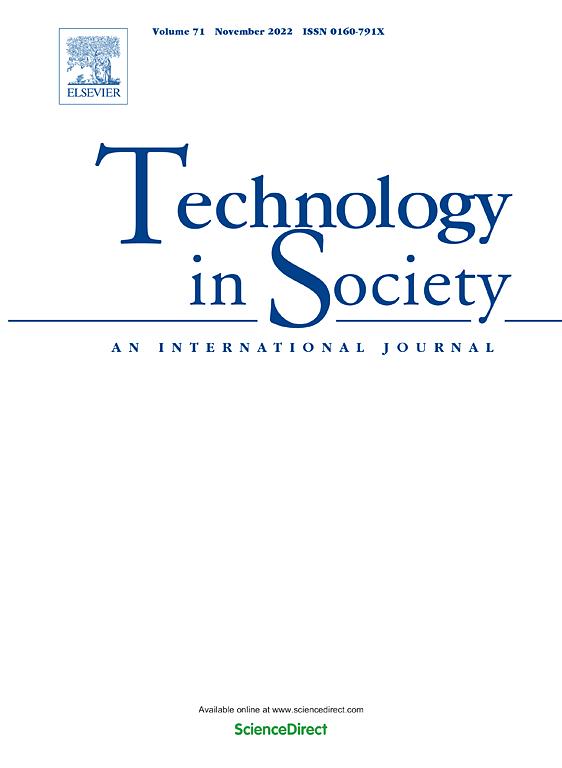
Every year the Thurston County Chamber and Express Employment Professionals solicit nominations from businesses in Thurston County for Boss of the Year. Dozens of Thurston County businesses enter their bosses to be recognized.
You have heard it said that it is an honor just to be nominated -- this is an example of when this sentiment is true. Each application contains multiple employee descriptions of how wonderful and deserving their bosses are. As a boss, the opportunity to read these testimonials is reward enough.
But, “there can be only one.” Well, in this case, three. And three honorable mentions.
From the dozens of nominations submitted, there were only 13 finalists. These finalists were hand selected and interviewed by Saint Martin’s students. This year, students from BA 470 Leadership and Change conducted the interviews. The students were then divided into teams and conducted two to three interviews.
The teams were Maya Aquino and Soukita Keopanapay; Jessica Jimenez and Brooklynn Lecomte; Kody Lamb and Kedul Andreas; Bryce Porter and Alexandra Campigotto; Johannes Debakker and Hayden Kosmider; and Malia Pinder, Jaskaran Dhatt, and Griffin Williams. The Boss of the Year interviews allows students to establish connections within the business community before graduation. It also allows them to see and experience supportive and positive work environments. Students returned to the classroom with rich stories from their conversations and observations.
Each team presented the bosses they interviewed to a panel of members of the Thurston County Chamber, Express Employment Professionals, and Saint Martin’s faculty.
The bosses were evaluated on seven categories: innovation, knowledge, ethics, vision, service, execution, and communication. It was tough to select from such a deserving field of bosses, but rewarding to see how many good people and places there are to work in our community.
And after an extremely difficult selection process, the Bosses of the Year and its honorable mentions were finally selected:
The 2022 Boss of the Year honorees are Elizabeth Cooper, Home Street Bank; Michael Strub, LOTT Clean Water Alliance; and Terrence “TJ” O’Reilly, South Sound Behavioral Hospital.

The 2022 Boss of the Year honorable mentions are Austin Sutherland, The Landal Group LLC; Carly Colgan, South Puget Sound Habitat for Humanity; and Jeremy Scott, Lincoln Creek Lumber.
We thank the Thurston County Chamber, Express Employment Professionals, and all the businesses that took the time to nominate their bosses and allow our students to share in this experience.
 Written By Don Conant
Written By Don Conant
Smiles, Handshakes, and Hugs
Student volunteers opened the fifth annual Volunteer Income Tax Assistance (VITA) Center at the beginning of the 2022 spring semester. The Center is IRS sponsored and provides free income tax preparation for Saints, anyone over the age of 60, and members of the local community who are disabled, have limited English capabilities, or whose income is under $58,000. The student-run operation is overseen by Professor Suzanne Chaille.
Last year’s Site Coordinators, Gary DePriest, Erik Simonson, and Yarabid Rodriguez, operated the site with a fabulous cadre of volunteers who served as: Intakers (greeting the public and reviewing documentation), Tax preparers (preparing the tax returns), and Reviewers (verifying quality and accuracy of completed tax returns).
The team members were: Reine Albite, Thalya Contreras, Jacob Cooper, Drew Forgione, Jan Francisco, Jacob Kendall, Hunter Kosmider, Sean Marsden, John Moore, Nicole Propst, Erin Santiago, Taylor Tompkins, and Jacob Woodall.
The St. Martin’s University VITA Site was first established in the Spring of 2018 by Professor Diane Bingaman. That year the team consisted of eight students who assisted 33 clients with their tax returns. Since 2018 the program has grown to completion of 293 tax returns during the Spring 2022 Tax Season. And by the end of the 5th year, the students had helped taxpayers to receive over 1 million dollars in refunds. Based on the success of the VITA program, the Accounting faculty proposed and made a curriculum change to include the VITA program as a degree requirement for the B.A. in Accounting degree, and as a result, it has proven to be of great value. For some, it has even led to internships and even permanent jobs.
How do the students make this happen? First, they learn about Tax Law and how to use research materials. Then they learn to prepare tax returns and pass the IRS Certification. As they meet with taxpayers, they are incredibly diligent in asking questions to make sure they find every appropriate deduction and credit for each person they serve. And they work incredibly well together, demonstrating a high level of professionalism and compassion as they work with taxpayers.
What can you do? You can volunteer to join our team this Spring. If you are interested, contact Professor Chaille at schaille@stmartin.edu. The VITA program operates on Saturdays beginning in January and runs through the end of tax season until April 17th. We have lots of opportunities and need several volunteers to make this next season a success. You do not have to be a business student. Anyone with a heart to serve can be a member of this team.
So, what’s in it for volunteers? There is a sense of accomplishment in learning and applying a new skill. And it is gratifying to know you went the extra mile to help others. Perhaps, to more fully understand the answer, you should join us and ask this year’s team members.
I suspect they will tell you, with joy, it is all that and lots of smiles, handshakes, and hugs.
Dr. Matondo Wawa was one of the speakers at the 3rd International Business Forum of Las Vegas (IBFLV 2022) on October 1, 2022. There he discussed his recent research and time spent doing business in Africa.
“Africa is larger than the United States, China, India, Japan, and the whole of Europe, yet, many in the West are ill-informed about it: Africa’s fast-growing population and markets present significant opportunities for business in an environment of slowing global growth. At the same time, more incredible innovation and investment from companies are essential to meet Africa’s unfulfilled demand for goods and services, close the gaps in its infrastructure, create jobs, and decrease poverty. In other words: Africa is a large and growing consumer class. A recent African Development Bank report found that Africa’s middle-class consumers now constitute more than a third of its population, over 300 million people, which matches India.”
“Contrary to perceptions, several African countries – including Libya, Algeria, and Angola – have no debt and a considerable amount of money to invest in any vision for the future. Africa’s current population of around 1.2 billion is projected to reach 1.7 billion by 2030. More than 80 percent of Africa’s population growth over the next few decades will occur in cities, making it the fastest-urbanizing region in the world. At the same time, incomes are rising across the continent, generating new business opportunities in the consumer market. In total, we expect annual spending by African consumers and businesses to reach $6.66 trillion by 2030, up from $4 trillion in 2015. These trends are spurring growing markets in various sectors where Africans have unmet needs, including food, beverages, pharmaceuticals, financial services, healthcare, and education.
“As African nations become more innovative, they also become more entrepreneurial. In 2017, Africa’s tech startups raised $195,060,845 in funding – a 51% increase from the previous year. Two critical areas for Africa’s entrepreneurial drive are “agri-tech” and “e-health,” which were found in these sub-sectors and grew by 203% in 2017. This entrepreneurial mentality creates an Africa better suited to finding solutions to its challenges while providing new business opportunities. While most foreign investment targets the populated and more developed countries such as South Africa, Nigeria, and Kenya, there are opportunities for doing business throughout the continent.”
The combination of economic and population growth means that the big future for Africa has yet to be written. However, technology and urbanization will be the significant drivers, offering the chance to rethink what a city might be like – 800 million new people will live in cities that do not even exist yet!”
Want to be featured in the next volume of IMPACT: School of Business Newsletter? Contact Jalyn Turner at jturner@stmartin.edu with your submissions.
